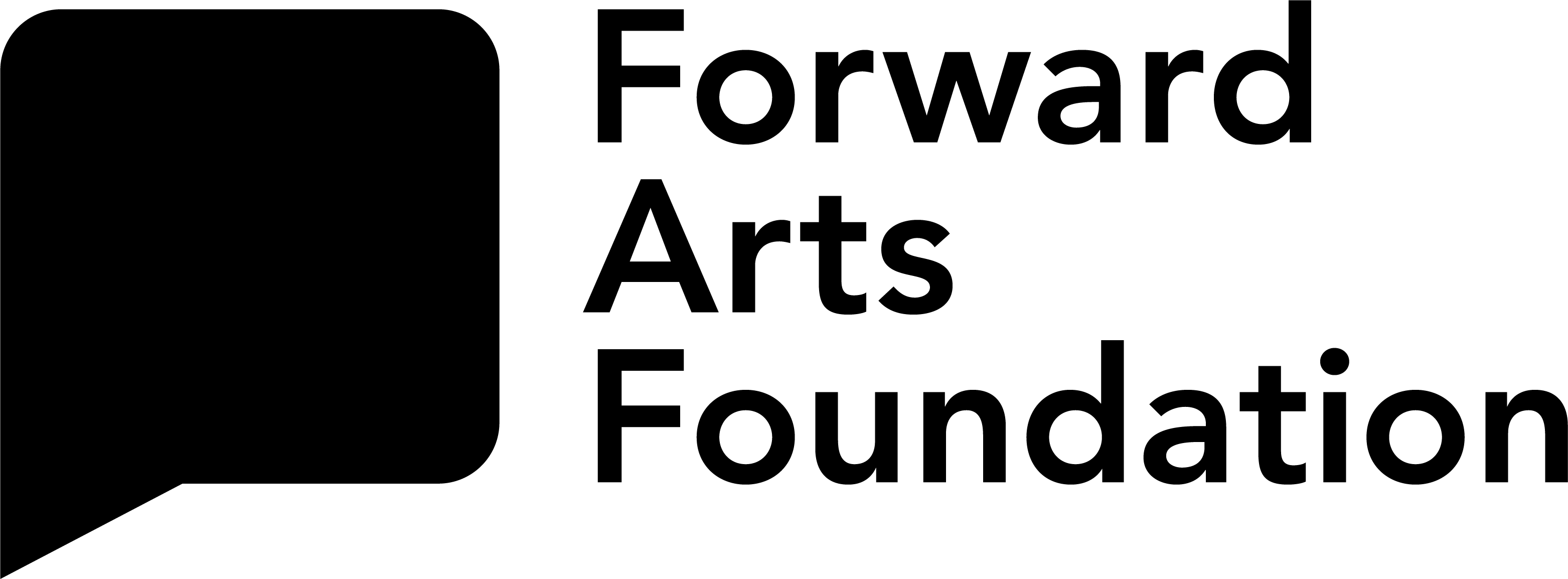
Image: Angela Dufresne - 'The Real Allegory of My Artistic and Moral Life' 2014
Most often when we speak, we do not fail afterward to experience a feeling of discomfort, as though some shame were attached to using words, whether to say important or insignificant things; in the first case, because we have betrayed them by speaking too adroitly or too awkwardly, in the second, because we have betrayed the seriousness of speech itself. (Maurice Blanchot)
Narcissism invariably involves a degree of self-idealization that is reflected in omnipotent phantasies of being admired and this increases the sensitivity to shame if they are seen through. As with the emperor and his imagined clothes, the pride of narcissistic omnipotence can easily collapse and be replaced by feelings of shame. (John Steiner)
Shame can emerge in the gap between our ideal self and reality. We can feel small when we want more or what someone else has. Our plea for help might go unanswered and we are left with feelings of inadequacy. The process of psychoanalysis and of writing poetry can be shame-laden. Both can involve shameful encounters with our least loved parts.
In analysis and in poetry writing, the idea of an unresponsive other—an analyst or a reader—can result in feelings of hopelessness and the inability to express desires out of fear that they might be mocked.
This conference will explore shame in a variety of ways. Bringing together poets, psychoanalysts and scholars, the event will look at shameful encounters, narcissistic wounds, and shameful identities. We will also explore the shame of writing, of self-exposure, and of talking about trauma.
Organised by Catherine Humble, Susy Lansman and Kathryn Maris
Byron House
112a Shirland Road
London, W9 2BT
United Kingdom



